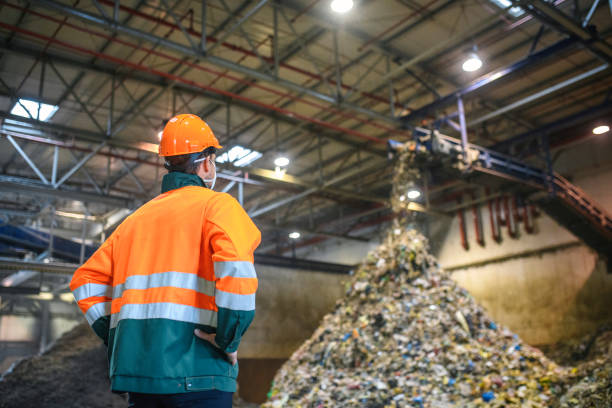Bali, Indonesia, a beloved tourist destination, has faced environmental challenges for several years. This beautiful island, famous for its pristine beaches, lush green forests, and unique cultural heritage, is struggling with various ecological issues. Bali faces several environmental challenges, from plastic waste to pollution and deforestation, that need immediate attention.
However, Bali is one of many facing these challenges. Many other tourist destinations worldwide need help with environmental issues caused by rapid tourism growth. Nonetheless, the Balinese government, local communities, and private organizations are working to address these issues and promote sustainable tourism practices.
Here are some of how Bali is addressing its environmental challenges and working toward sustainability and conservation:
Plastic Waste Management
One of the most significant environmental challenges that Bali is facing is plastic waste management. The Balinese government has banned single-use plastics, such as plastic bags, straws, and cutlery, to tackle this issue. Furthermore, local communities and private organizations are working to collect and recycle plastic waste.

Renewable Energy
Bali is working towards reducing its dependence on non-renewable energy sources and promoting using them. Many hotels and resorts on the island have installed solar panels and other renewable energy systems to reduce their carbon footprint.
Forest Conservation
Bali’s lush green forests are one of the island’s most significant attractions. However, deforestation and forest degradation are major environmental challenges the island faces. The Balinese government has implemented various forest conservation programs, such as reforestation and afforestation, to address this issue.
Sustainable Tourism Practices
Bali relies heavily on tourism, so promoting sustainable tourism practices is essential for the island’s long-term sustainability. The Balinese government and local communities are working together to promote sustainable tourism practices, such as reducing water usage, promoting responsible waste management, and encouraging eco-tourism.
Education and Awareness
Raising awareness among locals and tourists about environmental challenges and promoting sustainable practices is crucial for Bali’s long-term sustainability. Therefore, the Balinese government, local communities, and private organizations are working together to provide environmental education programs and raise awareness about the importance of conservation.
Waste Management
Aside from plastic waste, Bali is also facing challenges in managing other types of waste, such as organic waste, e-waste, and hazardous waste. To address this issue, the Balinese government has implemented waste management programs, such as waste segregation, composting, and proper disposal of hazardous waste.

Water Conservation
Water is a valuable resource in Bali, and with the increasing demand for tourism, water scarcity is becoming a significant concern. To promote water conservation, the Balinese government and local communities are implementing programs to reduce water usage, such as installing water-saving devices and upgrading responsible water usage in hotels and resorts.
Coral Reef Conservation
Bali is home to some of the world’s most diverse coral reefs, but these reefs are under threat due to pollution, overfishing, and climate change. The Balinese government, local communities, and private organizations are implementing coral reef conservation programs, such as reef restoration, monitoring, and education, to conserve these precious ecosystems.
Sustainable Agriculture
Agriculture is essential to Bali’s economy, but unsustainable farming practices can lead to environmental degradation. To promote sustainable agriculture, the Balinese government and local communities are implementing programs to promote organic farming, reduce the use of pesticides and fertilizers, and encourage responsible water usage in agriculture.
Community Empowerment
Finally, community empowerment is crucial for promoting sustainable tourism and conservation in Bali. The Balinese government and private organizations are working to empower local communities to participate in sustainable tourism practices and conservation efforts actively.

